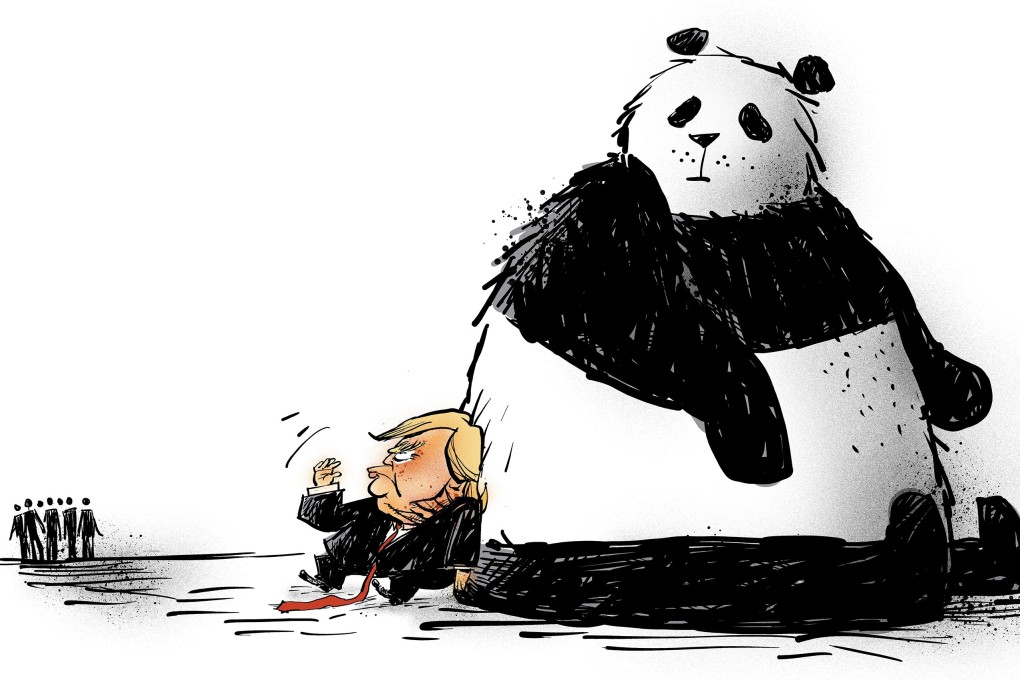Advertisement
Opinion | Why the new US ‘China scare’ is big on pressure, short on vision
- Given how intricately integrated China is into the international economic order, a global anti-Beijing axis of ‘democracies’ is unrealistic. Meanwhile, Chinese people’s satisfaction with their government has only increased
- More positive outcomes may be achieved by engaging and partnering with China
Reading Time:4 minutes
Why you can trust SCMP

US China-bashing has turned increasingly muscular across the political aisle. US allies are being cajoled or pressured to fall in line, and China is now targeted as the US’ No 1 existential threat.
Gone are hopes that China could become a “responsible stakeholder” in a US-led global order. Its alleged trade malpractices, technological and military advances, foreign policy assertiveness, and perceived regime repressiveness, have inflamed a McCarthyist “China scare”.
There is a lurking belief that “communist” China harbours a secret long-term strategy to replace the United States as the global superpower. Accordingly, China must be pushed back across the board, regardless.
Advertisement
For example, the US stripped Hong Kong of its special status, choosing to treat it as no different from mainland China, without waiting to see how the new national security law is implemented.
Another example is the United Kingdom’s flip-flop on Huawei. On June 25, the South Cambridgeshire District Council approved Huawei’s US$1.2 billion Cambridge research centre. Two weeks later, the UK announced that Huawei’s 5G infrastructure must be removed by 2027.
Advertisement
Advertisement
Select Voice
Select Speed
1.00x
